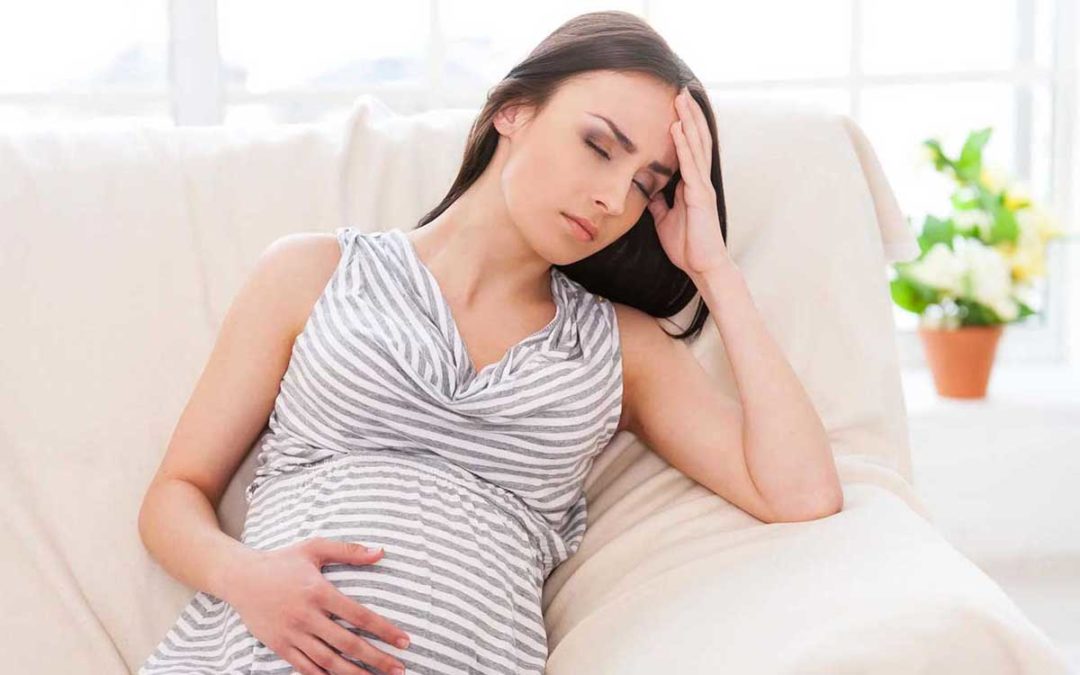Constipation in pregnancy
It could be that you are into your second or third pregnancy. Also, you could be just expecting your first child. It makes no difference. You remain awed by the rapid way in which your body begins to transform itself. It is preparing for the arrival of the baby! Now, some changes feel simple to deal with, while others tend to cause concern. One such issue is constipation in pregnancy.
Why does constipation occur in early pregnancy?

Not every woman suffers from constipation during the early months of pregnancy. Sometimes, the onset happens during an advanced state of pregnancy too. It is because the expanding uterus is placing too much pressure on the bowels.
Now, are you experiencing constipation in the first trimester itself? If yes, rest assured that the culprits are your hormones. Their levels are fluctuating. The study conducted by GC (Gastroenterology Clinics) of North America in 2016 concludes that both hormones and the physical changes in your body, cause constipation.
Progesterone is an essential hormone within your body. It is produced by ovaries and its levels increase during pregnancy. Although you might grumble about it, higher levels are safe for your baby! This hormone is responsible for thickening the lining of your uterus. We refer to this lining as endometrium. Think of what this means for the growing embryo/fetus. It remains safe and protected within a thick-walled house until it is time to be born.
Unfortunately, the increase in progesterone levels causes the intestinal function to slow down too. Your stool is unable to pass through the bowels rapidly and smoothly. Additionally, the large intestine (colon) absorbs large amounts of water from the fecal matter. Naturally, it becomes bulkier, which further enhances the problem. You worsen your problem if you are on prenatal vitamins too. Maybe, you do not have sufficient iron in your body. Therefore, the doctor has advised you to use them. However, they will cause constipation.
Are constipation and diarrhea signs of pregnancy?

An alternative condition is a diarrhea. Here, the stools are loose and watery. If you have several bowel movements a day, and for several days, you may become dehydrated, which is not safe for the fetus, or you. According to studies conducted by the Open Forum Infectious Diseases (affiliated with the U.S. National Institutes of Health) in early 2019, untreated diarrhea during pregnancy can result in adverse outcomes. The risk for delivering a child, who is small for gestational age, increases by 20%.
Regardless, diarrhea is a common condition during pregnancy too. The culprits could be hormones, or even the changes taking place within your body. Sometimes, there may be no link between your pregnancy and the onset of diarrhea. The condition may show up, just because you are suffering from an underlying infection or bowel disorder. It should suffice to tell you that diarrhea on its own is not a sign of pregnancy. It is the same with constipation. This condition is not a sign of pregnancy either. After all, anybody can suffer from these conditions, anytime during their lifetimes. Thus, you may view either of these conditions as something akin to the side effects of the state of pregnancy.
Just like progesterone, there are other helpful hormones within your body. They could be individuals in functioning or exist as a group. One group is prostaglandins. They are responsible for diverse functions, including helping the uterus to contract and relax. At the same time, they enhance movements within the digestive tract too. Therefore, what will happen if the levels of prostaglandins increase during pregnancy? They push waste matter so quickly through the digestive tract that the outcome is diarrhea. Sometimes, the usage of synthetic prostaglandins for inducing labor causes this condition too.
Concerning infectious diarrhea, different types of bacteria, viruses, and parasites may be responsible. You will know when you display symptoms of nausea and vomiting, fever, chills, lightheadedness/dizziness, or bloody stools. It all happens because of consuming contaminated food or water.
As for bowel disorders, they show up if you have been a victim of a digestive disturbance for several years. These disturbances include celiac disease, Crohn’s disease, irritable bowel syndrome, ulcerative colitis or overgrowth of bacteria in the small intestine. True, the names sound tremendously scientific and may mean nothing to you. However, if you are not a sufferer, why worry? The doctor will let you know if you need to know!
Can constipation cause vomiting during pregnancy?

In general, nausea and vomiting is an accepted condition during pregnancy. We refer to it as morning sickness. A group of researchers, who came together in 2016, to conduct an individual study on this topic, discovered that around 70% of expectant mothers’ experience morning sickness. Furthermore, this affects them both physically and psychologically. Some women feel sick during day time while others face traumatic nights. Some women are lucky enough not to experience it throughout their pregnancies!
In general, morning sickness strikes within six to nine weeks of pregnancy. You may realize that you are indeed pregnant, only after confronting morning sickness! Concerning the cause, doctors believe that hormonal fluctuations may be responsible for morning sickness. However, constipation may be a culprit too.
The discomfort in the stomach while experiencing constipation can bring on feelings of nausea. In turn, vomiting occurs. However, hormones and constipation are not the sole trigger factors of nausea and vomiting. There are others too. For instance, you may be hypersensitive to particular odors, heat, the taste of spicy foods, etc.
Should you be concerned about your bouts of nausea and vomiting?
Well, if constipation is the cause, you will have to consult your doctor. Otherwise, for the majority of pregnant women, it is a normal phenomenon. Similarly, you may find that you cannot keep any liquids down at all. You may be unable to urinate well or pass dark urine. Your heart may be racing. Also, you could be feeling lightheaded all the time. Such symptoms should prompt you to approach your healthcare provider. Admittedly, you are suffering from Hyperemesis gravidarum or excessive vomiting. You are at risk for severe dehydration. In turn, your unborn child will suffer.





